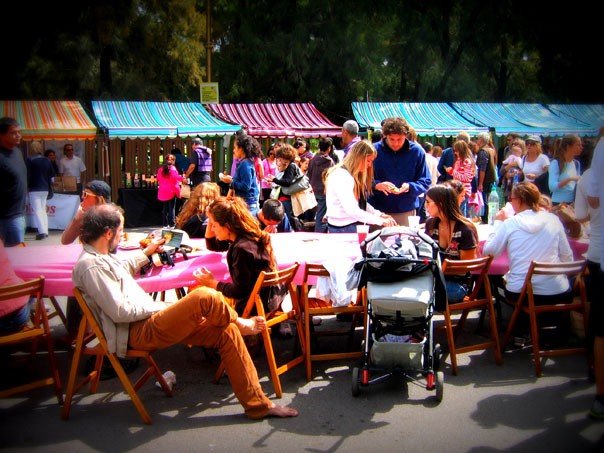WABA: Introducing Complementary currencies to the Blockchain
There are more than 9,000 complementary currencies around the globe, they have been created by communities or local authorities to serve different social purposes.
Bernard Lietaer is a professor dedicated to studying monetary systems and a devoted promoter of complementary currencies, he defines complementary currencies as currencies that are operating on a smaller scale than the national level, and that can solve social, environmental and education problems. He explains how these systems have been used in Japon and in America to promote social good:
“…there are about 300 or 400 private currency systems in Japan to pay for any care for the elderly that isn’t covered by the national health insurance. They are called “fureai kippu” (caring relationship tickets). Here’s how they work: let’s say that on my street lives an elderly gentleman who is handicapped and cannot go shopping for himself. I do the shopping for him. I help him with food preparation. I help him with the ritual bath, which is very important in Japan. For this help, I get credits. I put those credits in a savings account, and when I’m sick, I can have other people provide such services for me. Or I can electronically send my credits to my mother, who lives on the other side of the country, and somebody takes care of her.…Let me give you other examples, already operational here in America today. There are now several hundred “time dollar” operational systems in the United States. The unit of account is the hour. I do something for you. I have a credit for an hour, while you have a debit for an hour. If I can use my credit with someone else, this creates a currency between us. For those people who are willing to give some of their time, the money manifests automatically. It doesn’t quite work that way with dollars, does it? One of the two of us has to get dollars by competing for them somewhere outside of our community.”
Another example of a complementary currency is the “Lionza”, a barter token created in Venezuela to trade on a local flea market. The main idea is that all the members of the market agree to exchange the Lionza for products inside the market, in this way they can grow their businesses without the need of a FIAT credit.

How wonderful these initiatives are needed in more parts of the world